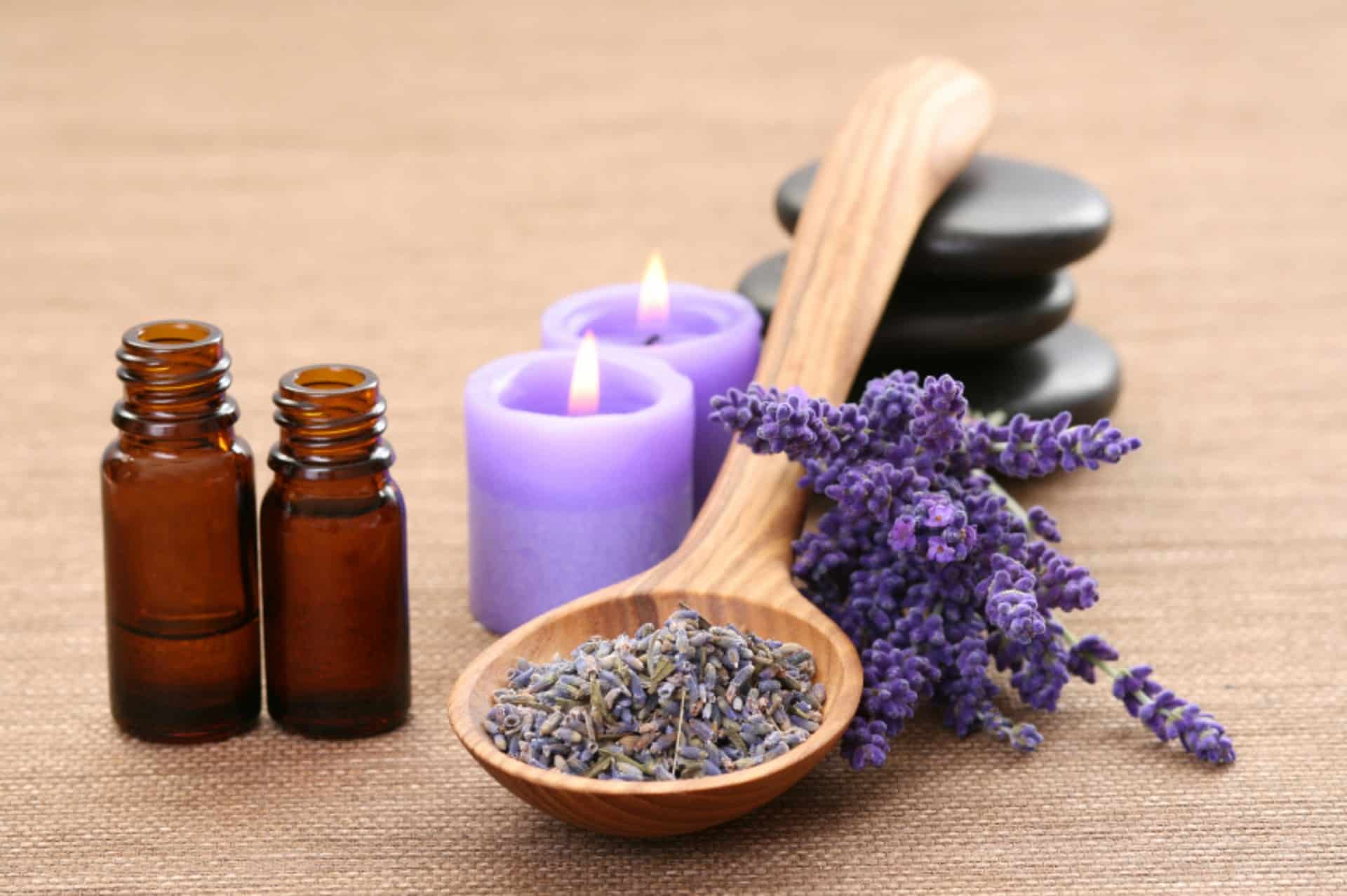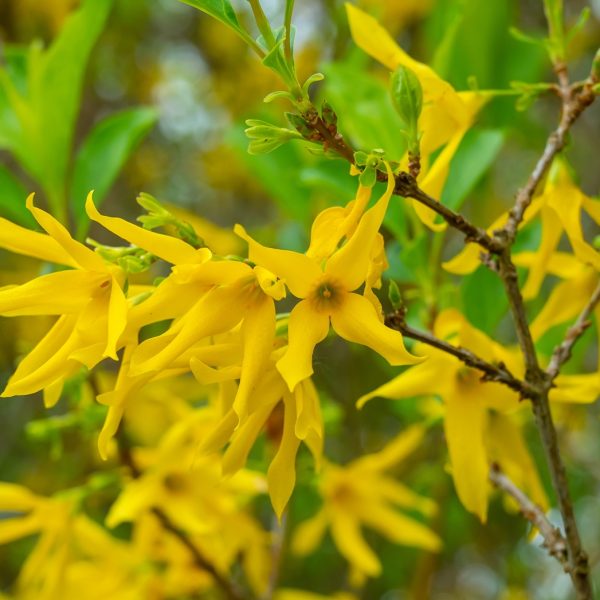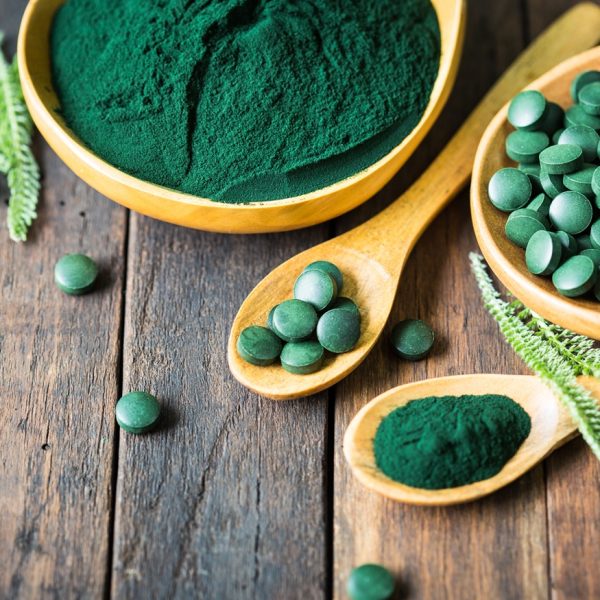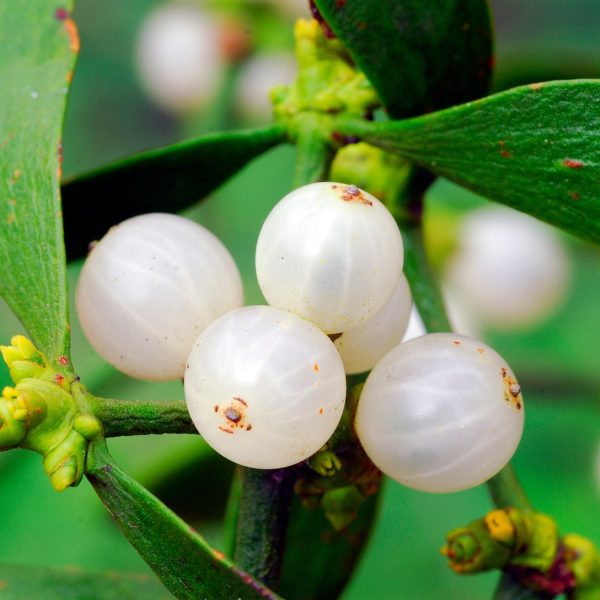Social anxiety disorder (also called social phobia) is a long-term, overwhelming fear of social situations. We find out more here.
Understanding social anxiety
Social anxiety disorder is very common. Although most people occasionally worry about social situations, a person with social anxiety will feel fear before, during, and after the event that will not go away. People who suffer from social phobia are afraid of negative evaluation from other people (2).
How does social anxiety work?

Social anxiety has been described as “the stage fright of everyday life” (8). It embodies feelings of fear, nervousness, dread, self-consciousness and uncertainty before, during and after encounters with other people. The nature of the encounter may be meaningful or extremely trivial, having a different, yet significant, underlying root cause for each individual. In some cases, the sufferer may be so overwhelmed by anxiety they are unable to function normally and will do anything to avoid (or flee from) the situation (8).
There are an infinite number of frightening situations which involve interactions with other people, (for example, being followed home by a stranger, or being sat next to an intoxicated passenger on a bus) which although undoubtedly frightening, are not examples of social anxiety. Social phobia disorder is directly linked to people’s fear of evaluation by others (8).
The defining characteristic of social anxiety is therefore that it arises from the prospect or presence of interpersonal evaluation in real or imagined social settings (8).
Understanding the root
There are many reasons why a person may go on to develop social anxiety disorder. These include:
- Some people may develop significant anxiety after an unpleasant or embarrassing social situation. There may be also be an association between social anxiety disorder and parents who model anxious behaviour in social situations or are more controlling or overprotective of their children.
- Meeting new people, giving a speech in public or making an important work presentation may trigger symptoms for the first time.
- You’re more likely to develop social anxiety disorder if your biological parents or siblings have the condition.
- Children who experience teasing, bullying, rejection, ridicule or humiliation may be more prone to social anxiety disorder. In addition, other negative events in life, such as family conflict, trauma or abuse, may be associated with this disorder.
Signs and symptoms
Although the condition presents itself differently with each individual, common signs and symptoms include:
- Worrying about doing something embarrassing. Sometimes what they worry about will not actually be humiliating (for example blushing, sweating or needing to visit the toilet) however their perception of it is exacerbated and seen as embarrassing.
- Being overly concerned with ordinary everyday situations such as talking on the telephone, going shopping, or starting conversations.
- Going to extreme lengths to avoid certain situations, such as walking many miles instead of going by car or using public transport.
- Experiencing overwhelming panic attacks, palpitations, feeling sick, sweating or trembling when faced with social situations
- Having other mental wellbeing issues such as generalised anxiety disorder, panic disorder or depression
Herbal solutions

There are a number of herbs which may be helpful in supporting a person with social anxiety disorder. In every case, the individual themselves is the variable. It is important to take into account the presentation of their symptoms, the length of time the condition has been present and the severity of its impact on daily life. In every case the method of administration must be considered. For example, it may not be practical to make herbal tea for a person who is in an imminent state of panic (although in some instances, the association of a soothing cup of tea may indeed be medicine itself). In many cases it is helpful to treat the person both before and during the trigger situation.
Adaptogens are a category of herbs which may be of help to people living with this overwhelming condition. Adaptogens are herbs that help the body adapt to stress and maintain balance. They lend themselves well to the treatment of social anxiety disorder because they are mostly safe to use at higher doses for extended periods of time. (9) Adaptogens help improve resilience to anxiety and stress by strengthening and supporting the nervous system.
Other herbal categories to consider are nervine tonics, and in more severe cases, mild sedatives.
Ashwagandha (Withania somnifera)
Ayurvedic classical texts and clinical studies describe ashwagandha as a safe and effective adaptogen. (10) Ashwagandha is a tonic with adaptogenic actions. This means it will strengthen an exhausted or agitated nervous system whilst at the same time calming it down.
Ashwagandha is known to reduce cortisol, which is sometimes referred to as the “stress hormone” (10). Whenever we are in stressful social situations, our bodies produce a lot more of this hormone. Increased cortisol can have a negative effect on our social interactions (11). Ashwagandha works to keep cortisol levels in check, making you feel more comfortable when socializing. Ashwagandha works best when taken daily for several weeks.
Studies have shown that taking a high-concentration, full-spectrum Ashwagandha root extract helps to reduce cortisol levels and stress (10). From an ayurvedic perspective, ashwagandha may be particularly helpful for people suffering with vata type anxiety.
Skullcap (Scutellaria baicalensis)
Skullcap is a nervous system tonic which is useful for controlling the palpitations associated with social anxiety. It soothes the heart and is said to have the ability to bring about calmness of mind in situations where there seems to be no rational reason for feelings of fear and panic.
Chamomile (Matricaria recutita)
Chamomile’s ability to relieve psychological tension as well as underlying physiological symptoms of stress has made it one of the most effective remedies for the treatment of nervous tension. A 2016 clinical trial (5) investigated the efficacy of chamomile as a long-term treatment for generalised anxiety disorder. Researchers observed that although participants who took chamomile (rather than the placebo) were no less likely to experience a relapse of their symptoms, when a relapse did occur, symptoms were less severe.
Chamomile is a gentle herb suitable for younger children, pregnant women, or people who may already be taking GP prescribed anxiety medications.
Passionflower (Passiflora incarnata)
Passionflower is particularly useful for acute phases of anxiety as it has a very calming effect and is useful for a racing mind. It works on the GABA receptors in the nervous system, which slow down thoughts and overexcitation. In fact, these are the same receptors that pharmaceutical anxiolytics work on for example benzodiazepines. A study comparing oxazepam and passionflower showed that passionflower worked as well as oxazepam. Passionflower also had the advantage that people could operate machinery and work after taking it, as one of the side effects of oxazepam is the delayed reaction time and less control over movement (13).
Holistic solutions
There are a number of holistic therapies that can help to support a person with social anxiety disorder. However, the idiosyncratic nature of the condition itself can often be a barrier to sufferers seeking help. Below are some more herbal solutions prepared and extracted differently, as well as holistic support options.

Rock rose Bach flower remedy
Rock rose is one of the 38 Bach Flower remedies believed to heal negative emotions. It is a useful remedy to consider whenever there is fear or terror around an unfamiliar experience, and Bach flower remedies are said to work more on an energetic level rather than a specific pharmacological one. Four drops of rock rose remedy in a small amount of water may help dissipate the feelings of panic which can arise in a social situation in which sufferers feel they feel they have no control, or are unable to escape.
Lavender essential oil
Lavender is high in levels of naturally occurring essential oils that have a profound effect upon the central nervous system. Lavender essential oil contains linalool which has sedative and anti-spasmodic effects on the central nervous system. It is this component that has made lavender such a renowned relaxant.
It may be a soothing comfort to inhale lavender essential oil, or carry a hydrosol mist for use during panic attacks which can occur in stressful social situation. One study showed that 54 out of 65 participants reported a significant reduction or improvement in the levels of anxiety they experienced during the clinical trial. (12)
Cognitive behavioural therapy
Cognitive behavioural therapy (CBT) helps to identify negative thought patterns and behaviours, and develop strategies to change them. Some studies suggest that group therapy may be helpful for people who have become isolated due to their fears. (6) Speaking about their condition in a group setting helps to normalise the experience of social anxiety by allowing sufferers to openly discuss their fears with others who have experienced similar thoughts and feelings. However, for some people, being in a group setting may prove to be simply too challenging. For these people, individualised, self-help methods may be more supportive in the initial stages of treatment.
Breath work
Breathwork is the science and art of breath awareness and modulation. Conscious, controlled breathing exercises have long been used as a therapeutic technique to aid relaxation. It’s use in the field of health and wellbeing can be traced back to Indian and Chinese cultures from 3,000 BCE (7).
Breathwork may be a supportive adjunct to herbal interventions, as the technique activates the sympathetic nervous system in a controlled way. While the body is engaged in flight/fight/freeze activation, the breather learns to ride the wave of feelings rather than suppress or lose control (7). Breathwork is a fantastic tool for nervous system regulation, and can empower people in their time of need so that their thoughts and emotions do not spiral.
Cold water therapy
While more research is needed to prove that cold water is an effective anxiety treatment, there is some anecdotal evidence to suggest that it may be helpful. The theory is based on the premise that exposure to cold water lowers the heart rate, which in turn induces a feeling of calm. Some studies suggest that taking a cold water shower every morning reduces inflammation and increases endorphins (chemicals produced naturally by the nervous system to cope with pain or stress) (3).
The Wim Hof Method (WHM) consists of a combination of cold-exposure, breathing exercises and yoga postures, designed to offer users a means to gain increased control over the mind (4). The method has attracted many people who claim it has had a beneficial effect on their overall mental wellbeing. Ultimately what many people have said is that creating safe situations of adversity and honing the skill of mastering these situations (through breathing, body work and mental strength) has empowered them to take these skills out into the “real world” where they handle situations much better.
References
- Social anxiety (social phobia). nhs.uk. https://www.nhs.uk/mental-health/conditions/social-anxiety/. Published 2022. Accessed May 16, 2022.
- Anxiety disorders: why they persist and how to treat them David M. Clark. Behaviour Research and Therapy 37 (1999) S5±S27 https://jonabram.web.unc.edu/wp-content/uploads/sites/2968/2017/07/Clark-1999.pdf
- “Brain over body”–A study on the wilful regulation of autonomic function during cold exposure. NeuroImage Volume 172, 15 May 2018, Pages 632-641
- Allen, J.J. (2018) Characteristics of Users and Reported Effects of the Wim Hof Method : A Mixed-Methods Study.
- Mao JJ, Xie SX, Keefe JR, Soeller I, Li QS, Amsterdam JD. Long-term chamomile (Matricaria chamomilla L.) treatment for generalized anxiety disorder: A randomized clinical trial. Phytomedicine. 2016 Dec 15;23(14):1735-1742. doi: 10.1016/j.phymed.2016.10.012. Epub 2016 Oct 24. PMID: 27912875; PMCID: PMC5646235.
- Managing Social Anxiety – A cognitive-behavioural therapy approach. Debra A Hope. Richard G, Heimburg. Cynthia L. Turk. Oxford University Press 2010 (Pg. 5)
- Morningstar J. Transformationsusa.com. https://www.transformationsusa.com/Contemporary-Breathwork.pdf. Published 2018. Accessed May 16, 2022.
- Social Anxiety. Guilford Press 1995. Mark R. Leary. Robin Kowalski
- Adaptogens – Agatha Noveille. Adamas Media 2016.
- Chandrasekhar, K., Kapoor, J., & Anishetty, S. (2012). A prospective, randomized double-blind, placebo-controlled study of safety and efficacy of a high-concentration full-spectrum extract of ashwagandha root in reducing stress and anxiety in adults. Indian Journal of Psychological Medicine, 34(3):255-62.
- Smeets, T., Dziobek, I., & Wolf, O. (2009). Social cognition under stress: differential effects of stress-induced cortisol elevations in healthy young men and women. Hormones and Behaviour, 55:507-13.
- Donelli D, Antonelli M, Bellinazzi C, Gensini G, Firenzuoli F. Effects of lavender on anxiety: A systematic review and meta-analysis. Phytomedicine. 2019;65:153099. doi:10.1016/j.phymed.2019.153099
- Akhondzadeh S. Passionflower in the treatment of generalized anxiety: a pilot double-blind randomized controlled trial with oxazepam. https://onlinelibrary.wiley.com/doi/full/10.1046/j.1365-2710.2001.00367.x. Published 2002. Accessed May 16, 2022.































